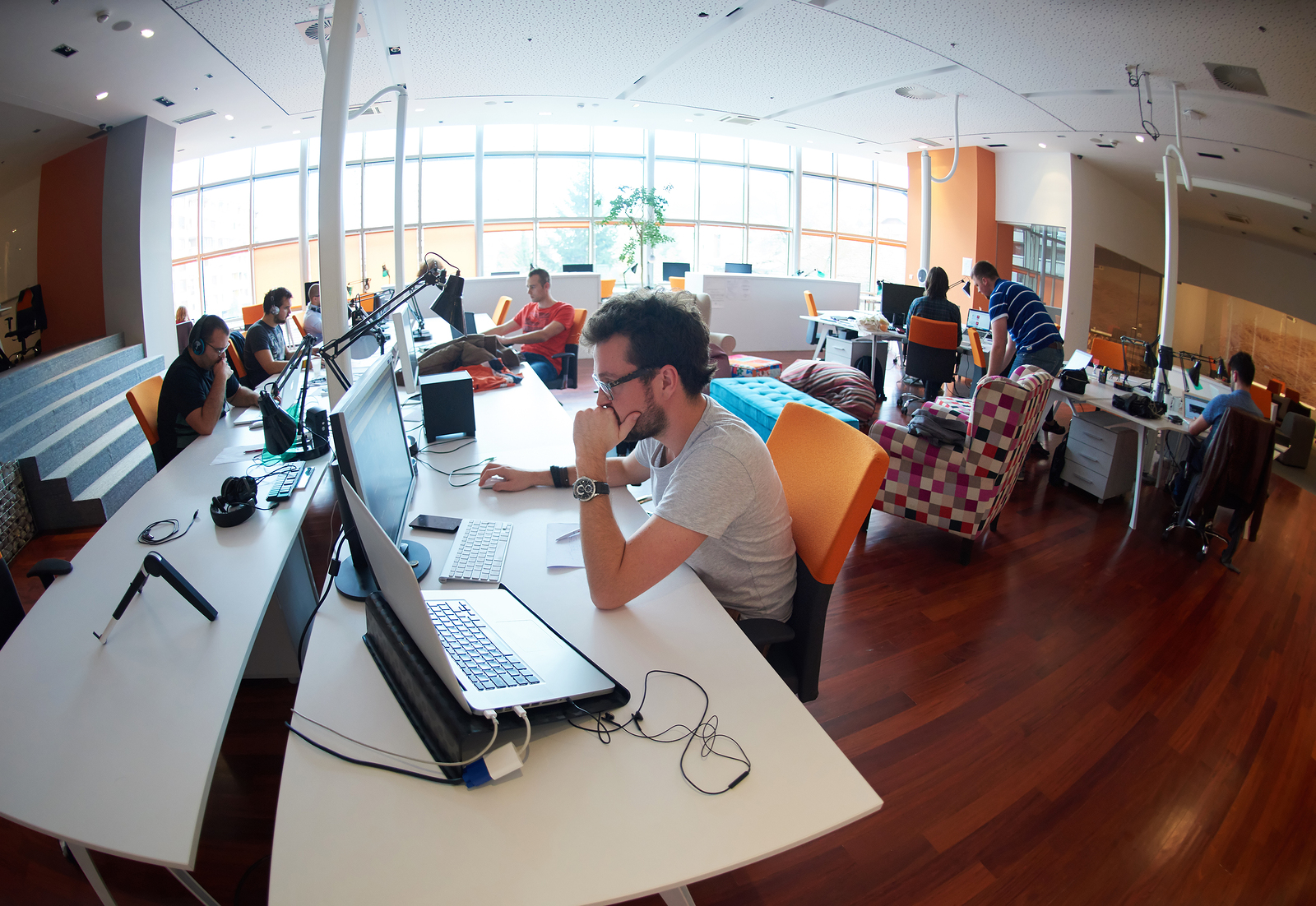Guest post by Andrew Chung, CEO Compass Offices
On June 23, 2016, the United Kingdom voted to leave the European Union, a decision that has shocked the world. In the referendum to decide if it would remain in or leave the European Union, 52 per cent of voters opted Britain out of the EU.
Following, we saw the weakening of the Sterling Pound almost instantly, and a sharp decline in the key stock markets globally. The uncertainty unravelling almost immediately afterwards has caused a negative impact on companies and businesses. Many are planning to ‘exit’ and divert their bases out of Britain and Europe. Firms are already on the hunt for the ‘new London’ after the decision for the UK to leave the EU, leaving many businesses pondering their future in the financial capital of Europe.
One in five businesses surveyed by the Institute of Directors are considering moving some of their operations outside the UK, according to media reports, including mobile giant Vodafone and US investment bank Goldman Sachs.
The reality of the situation
However, Brexit may not be as dramatic as the media perceives it to be. As the real exit will only happen around October 2018 at the earliest, Britain is still bound by certain EU rules on tax, such as aspects of value-added tax and customs duties. The trading arrangements with the rest of the members in the EU will likely be unchanged for this period of time.
Brexit is not the only major cause of market volatility this year. Markets will also be impacted by the outcome of the upcoming Presidential elections in the United States. A similar anti-establishment sentiment may be brewing in the US as well, with Donald Trump and Hilary Clinton aggressively campaigning for the Presidency.
APAC comes out on top
This is where Asia Pacific (APAC) as a region can become champion of the world. According to a study by the United Nations Economic and Social Commission for APAC (UN ESCAP), the region’s population has grown more than 4.4 billion in 2015, which is nearly 60 per cent of the total world’s population.
IMF Regional Economic Outlook published in May 2016 expected Asia Pacific economies to grow 5.3 per cent during 2016-2017, and remains the engine of the global economy.
It is also worth noting that Asian exports to the UK make up only a total 0.7 per cent of regional GDP, which implies that a British recession should not pose a major threat. Many countries in APAC also will rely more heavily on domestic market demand as their economic drivers, which make them less vulnerable to global economic changes.
Hong Kong and Singapore leading the way
As the leading APAC region hubs, Hong Kong and Singapore have stepped up their game to invigorate their economies.
In March this year, the Hong Kong government announced that its 2016-2017 Budget will see measures to support SMEs including tax cuts and injecting HKD 5 billion into the Innovation and Technology Fund (ITF).
Hong Kong is also seeing the rise of startups, particularly in the fintech and IoT sector. A survey conducted by InvestHK in 2015 reported a 46 percent growth in the total number of startups from 2014, from 1,065 to 1,558. The rise in startups could be due to an increasing entrepreneurship spirit and more supporting facilities, such as flexible workspaces.
The Singapore government has also implemented special tax schemes to support newly incorporated companies. More and more global companies have chosen to move their headquarters to Singapore. According to the Monetary Authority of Singapore and industry surveys, between 2005 and 2015, the number jumped from 3,600 to 12,600.
The startup scene in Singapore, long lauded for its open door policy for foreigners and hospitable business environment, is also continuing to rise. In May of 2016, Singapore’s startup scene received $30 million Singaporean dollars from the government to match investments made by four large companies. The funds form the third installment of the National Research Foundation’s Early Stage Venture Fund.
Singapore is also part of ASEAN that will further implement the regional economic integration under the Asian Economic Community. The AEC is to allow a single market and production base that will see free flow of goods, services, investment and skilled labour across the region. Meanwhile, Hong Kong boasts close ties with China, offers the advantage of renminbi liquidity and proximity to Chinese corporates.
With Asia positioned as an attractive destination for foreign investment, the increased instability in the UK and Europe is likely to have a positive effect on Asian economies. Injecting more investment in Asia Pacific will be an inevitable step for companies worldwide. To do so and remain competitive, businesses need to adopt flexibility in their business and investment approaches.

 Dr. Gleb Tsipursky – The Office Whisperer
Dr. Gleb Tsipursky – The Office Whisperer Cat Johnson – Coworking Marketing Maven
Cat Johnson – Coworking Marketing Maven Angela Howard – Culture Expert
Angela Howard – Culture Expert Drew Jones – Design & Innovation
Drew Jones – Design & Innovation Andrea Pirrotti-Dranchak – Competitive Advantage
Andrea Pirrotti-Dranchak – Competitive Advantage Jonathan Price – CRE & Flex Expert
Jonathan Price – CRE & Flex Expert Jeremy Fennema – Tech Innovation Alchemist
Jeremy Fennema – Tech Innovation Alchemist







